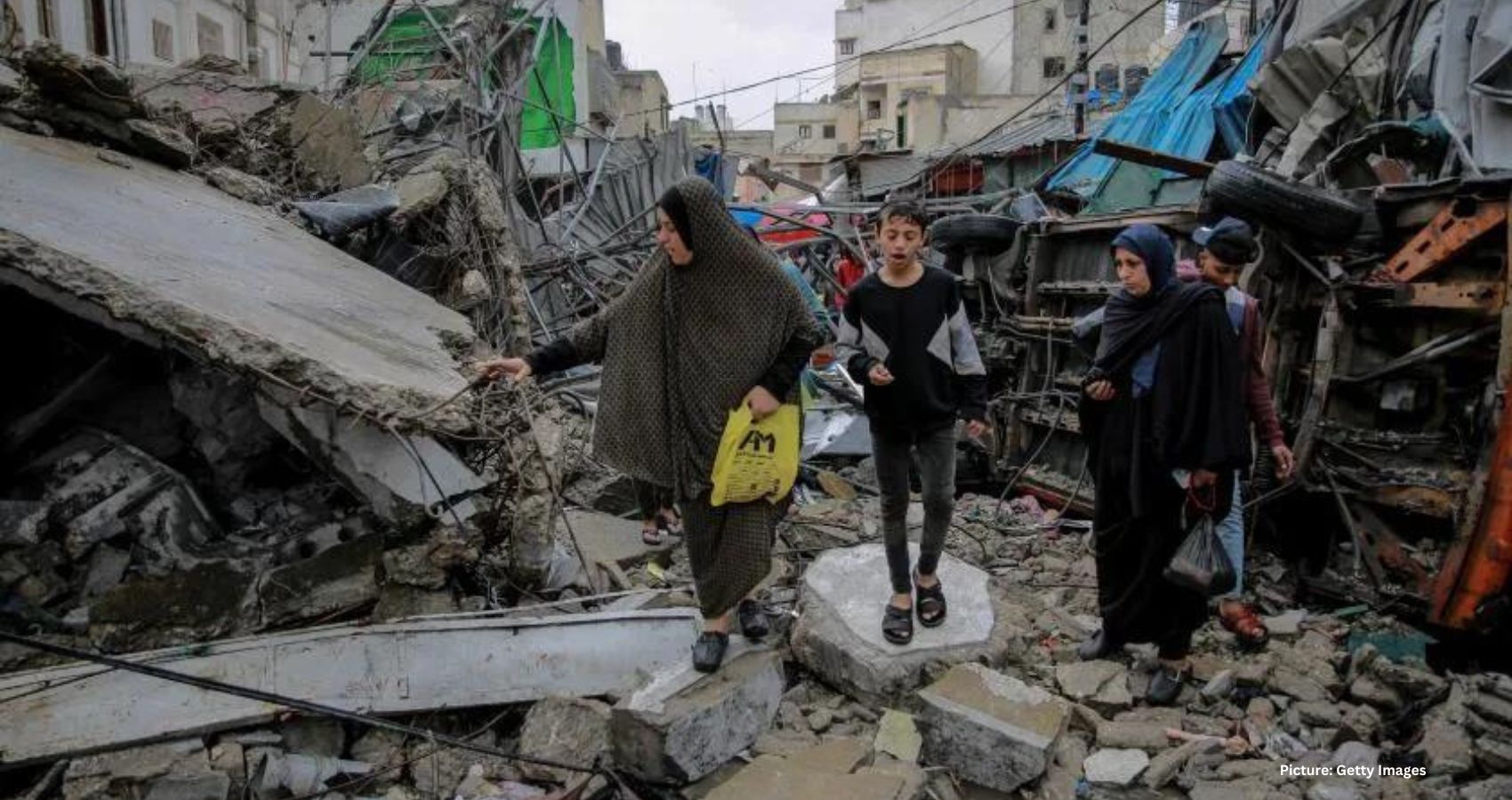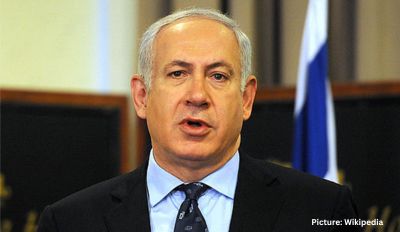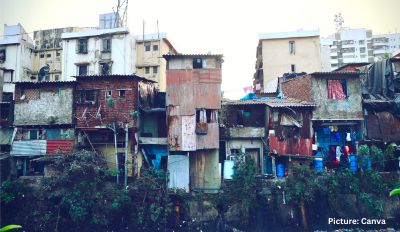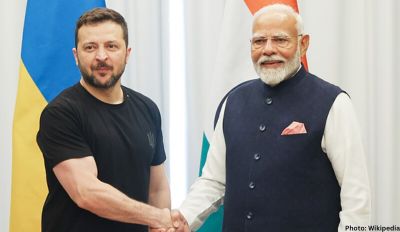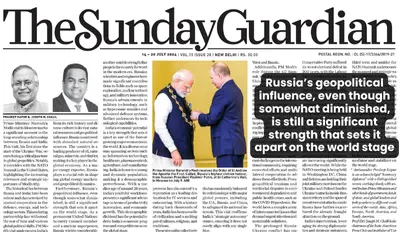In the early hours of the truce between Israel and Hamas, Israa, named after her mother, was born in a crowded shelter, signaling hope for peace. Israa abu Aaser, cradling her newborn, expressed relief, “Her arrival was an omen of peace—there was quiet and no bombings.” The family, sheltered due to their apartment being destroyed, faced challenges. Bilal abu Aaser crafted a crib from wood scraps for his 3-day-old daughter, acknowledging, “The cold and hunger made her cry; I had to do something.”
Israa’s mother worried about the harsh conditions, stating, “I’m afraid for my daughter in a place like this; I can barely keep her clean and warm.” As the truce’s final day approached, the new parents pondered the uncertain future, hoping for an extension. Their wish was granted temporarily when, after mediation by Qatar and Egypt, Hamas declared a two-day extension.
This extension aimed to facilitate the release of hostages taken by Hamas on Oct. 7 from Israel and Palestinian women and teenagers in Israeli prisons. Approximately a quarter of the 240 hostages were freed in exchange for over 100 Palestinians during the truce. In Gaza, the extension brought relief from the relentless Israeli military campaign, which local health authorities reported to have claimed over 13,300 lives.
During the pause, aid groups intensified humanitarian efforts, and Gaza’s 2.3 million inhabitants reflected on their losses while stocking up on essentials. Many prayed for a longer-lasting ceasefire, hoping it would evolve into a durable peace. Tahani Haboush, assisting her husband undergoing dialysis, emphasized the need for the truce to persist, recalling past conflicts when life was less disrupted.
For Ahmad Mughrabi, the truce offered a temporary reprieve. Fleeing south with his family, an Israeli tank’s shell caused severe injuries, forcing him to endure a painful wait for medical attention. Lack of supplies and relentless bombing delayed treatment, but ultimately, a surgeon at Al Aqsa Martyrs Hospital, despite challenging circumstances, managed to stabilize his arm with a platinum bar.

